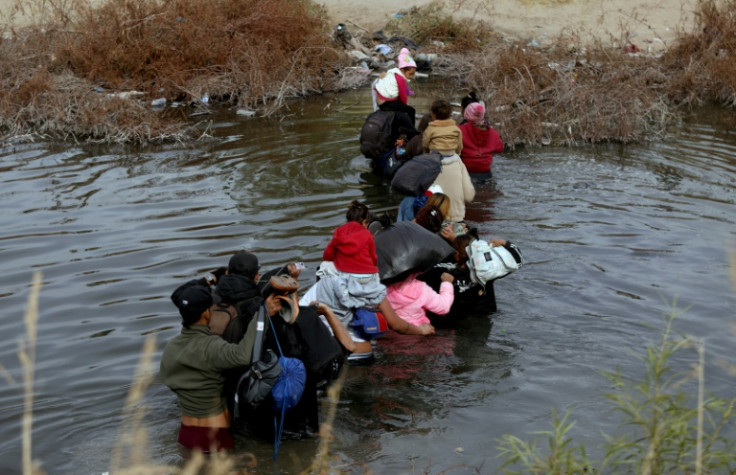
Recent data on unlawful crossings show that there has been a significant drop in the number of migrants who try to enter the U.S.
CBS News reported that for the fifth consecutive month in July, the numbers plunged to their lowest since 2020.
Since September 2020, there have been 56,000 apprehensions along the U.S.-Mexico border, particularly between official points of entry. This data was provided by preliminary Customs and Border Protection reports.
Given that December tends to see an increase in migration, it was recorded that around 250,000 apprehensions were made, a number four times the July tally.
The recorded decrease in the number of people crossing the border shows a commendable trend that leads to a reduced number of unlawful crossings. In June, Border Patrol recorded 84,000 apprehensions; 118,000 in May, 129,000 in April, and 141,000 in February.
The above-mentioned figures do not include those people who came through the correct port of entry.
U.S. officials have also attributed the decrease in crossings to a recent proclamation by President Biden limiting access to the U.S. asylum system.
Biden's proclamation effectively shut down asylum processing between the ports of entry. This made it easier for U.S. immigration officials to return those who cross borders to Mexico.
The policy changes also led to a drop in the number of migrants who are released into the U.S. to wait for asylum hearings.
"This is the product of a number of actions this administration has taken," Homeland Security Secretary Alejandro Mayorkas stated during an interview with CBS News.
Aside from the curtailment of asylum access, other factors contributing to the reduction in border crossings include the actions of Mexican officials in cracking down on migrants, as well as the scorching summer temperatures.
NPR stated that immigration observers believe migrants are in a "wait-and-see" period as such policies take effect. However, crossings are expected to go back up.
Under the new rules, officials are no longer required to ask migrants if they fear harm if deported. Migrants who express fear are still referred for preliminary asylum processing. Exceptions to the process include only children and specific vulnerable groups.







